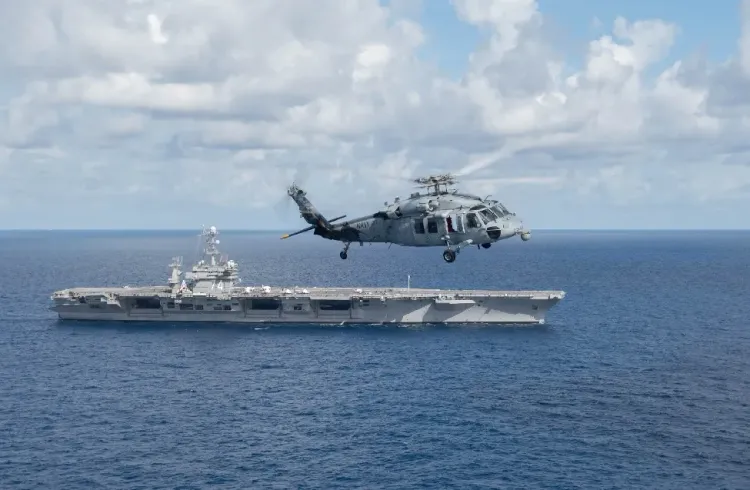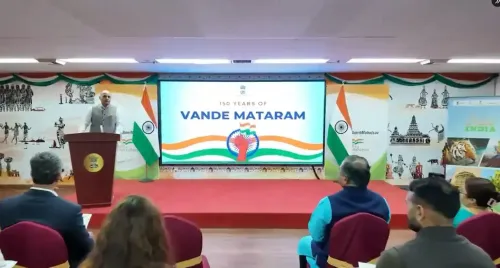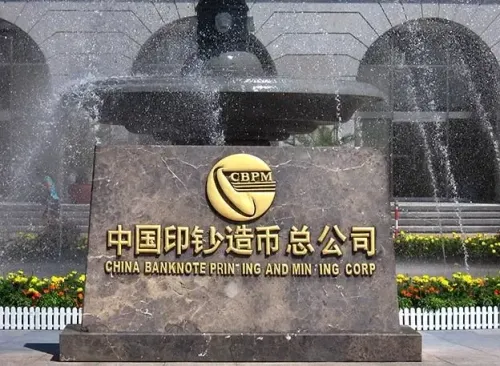Taiwan Thanks G7, Advocates for Peace and Stability in Taiwan Strait

Synopsis
Key Takeaways
- Taiwan appreciates G7's support for peace in the Taiwan Strait.
- G7 emphasizes peaceful resolution of cross-Strait issues.
- Taiwan seeks meaningful participation in international organizations.
- G7 condemns China's militarization in the region.
- Taiwan's President labels China as a foreign hostile force.
Taipei, March 15 (NationPress) In a commitment to fostering a free, open, and prosperous Indo-Pacific, Taiwan's Ministry of Foreign Affairs expressed its gratitude towards the Group of 7 (G7) Foreign Ministers' communique, which reinforced the significance of peace and stability across the Taiwan Strait.
"Taiwan wholeheartedly thanks the G7 Foreign Ministers for reaffirming the necessity of peace and stability in the Taiwan Strait and for advocating Taiwan's meaningful involvement in international organisations. We are prepared to collaborate with the G7 and like-minded allies to uphold a free, open, and prosperous Indo-Pacific," declared Taiwan's Foreign Affairs minister on X.
Foreign Ministers from Canada, France, Germany, Italy, Japan, the United Kingdom, and the United States of America, along with the High Representative of the European Union, convened in Charlevoix, Quebec, from March 12 to 14.
The Joint Statement from the G7 Foreign Ministers' Meeting in Charlevoix highlighted the significance of maintaining peace and stability in the Taiwan Strait.
"We advocated for the peaceful resolution of cross-Strait matters and reiterated our opposition to any unilateral actions aimed at altering the status quo through force or coercion. We also voiced our support for Taiwan's meaningful participation in suitable international organisations," the statement noted.
The G7 Foreign Ministers reaffirmed their dedication to ensuring a free, open, prosperous, and secure Indo-Pacific, grounded in sovereignty, territorial integrity, peaceful dispute resolution, fundamental freedoms, and human rights. They condemned China's militarisation and coercion, opposing any unilateral attempts to modify the status quo, particularly through force and coercion.
In response to the G7 Foreign Ministers' joint statement and the declaration on maritime security and prosperity, the Chinese Embassy in Canada also released a statement on Friday.
The embassy spokesperson asserted that Taiwan is an integral part of China's territory and that the Taiwan issue is solely an internal matter for China, leaving no room for external interference. "The solution to maintaining peace and stability across the Taiwan Strait lies in adhering to the one-China principle and firmly opposing Taiwan independence. The involvement of the Taiwan region in international organisation activities must be governed exclusively by the one-China principle," the spokesperson stated.
Earlier this week, Taiwan’s President William Lai referred to China as a "foreign hostile force" and intensified national security measures in response to escalating threats and a series of espionage incidents.
In recent years, Beijing has escalated military exercises in the Taiwan Strait, increasing pressure on Taiwan. Beijing disapproves of any form of patrolling in the Taiwan Strait, viewing it as a security threat. Meanwhile, the US and its allies regard the Taiwan Strait as an international waterway, routinely deploying warships through the strait to assert their influence in the Indo-Pacific and counter China's growing dominance.









